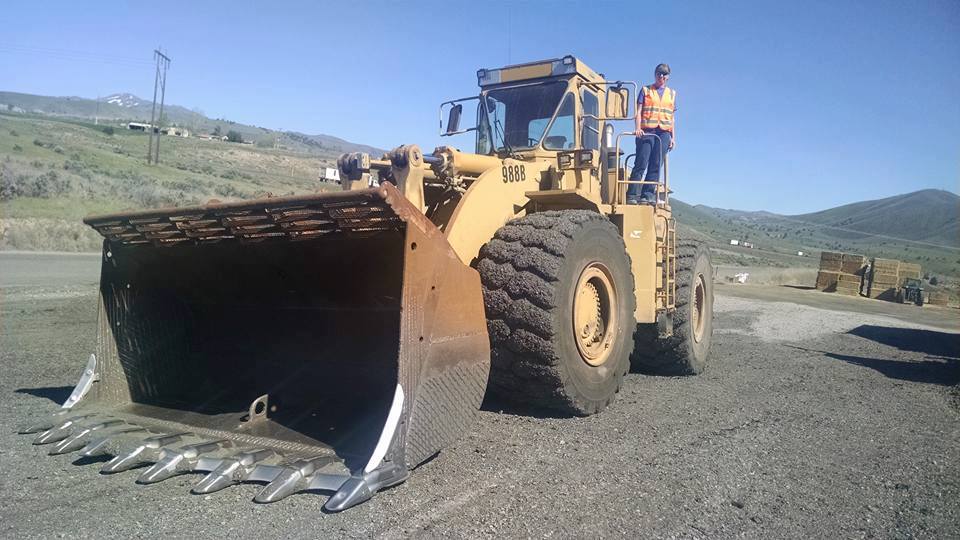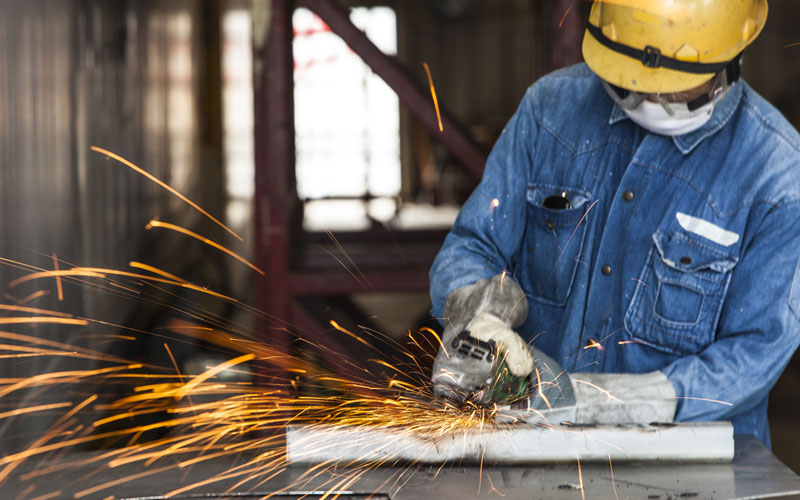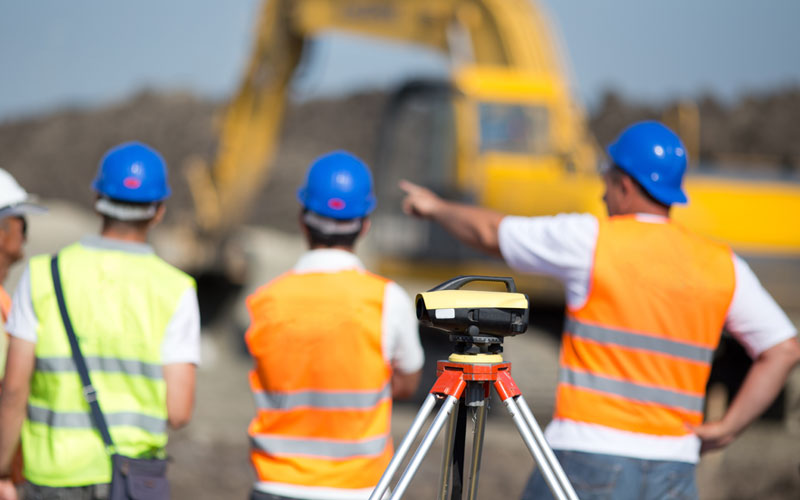Types of Work
There are several different types of career paths to choose from under the apprenticeship programs. Whether your wanting to operate large equipment, support and fix machinery, fabricate parts or help layout jobsites, the training center has courses for you. The tabs below provide high-level information on the different types of careers you can choose from.
What Career Path is Right for You?
Equipment Operators operate one or several types of power construction equipment, such as motor graders, bulldozers, scrapers, compressors, pumps, derricks, rubber-tired backhoes, excavators, tractors, or front-end loaders to excavate, move, and grade earth, erect structures, or pour concrete or other hard surface pavement on a construction site.
An equipment operator must also build a knowledge base in grades and stakes, health and safety, and project organization to meet the needs of the industry.
Start your new career today!

Heavy Duty Repairer (HDR) diagnose, adjust, repair, or overhaul mobile mechanical, hydraulic, and pneumatic equipment, such as cranes, bulldozers, graders, and conveyors, used in construction, logging, and surface mining. HDR’s work keeps the equipment productive. They are usually responsible for fueling equipment, changing oil, routine preventative maintenance, and repair on the heavy equipment and machinery. HDR’s are also responsible for fabrication work, troubleshooting, and shop / job site cleanliness.
Start your new career today!

Construction Surveyor/Technical Engineers (TE) otherwise known as “lay-out” or “setting-out” is to stake out reference points and markers that will guide the construction of new structures such as roads or buildings. TE’s learn the use and care of survey hand tools, rods, chains. They also learn slope staking, leveling, radial staking, hubs, points, GPS operation, note keeping and sketches, computations and coordinate geometry, plans and plan reading/interpretation, data collection/manipulation, data collectors and computer use, and gradechecking.
Start your new career today!

The work of stationary engineers is varied and complex. They are responsible for the operation, maintenance, renovation and repair of boiler systems, and all other mechanical systems in a facility. Stationary engineers are employed in schools, hospitals, hotels, apartment buildings, shopping malls, airports, power plants, industrial and manufacturing plants, breweries, co-generation plants, petro-chemical plants, office and commercial buildings, government facilities, and other workplaces.
